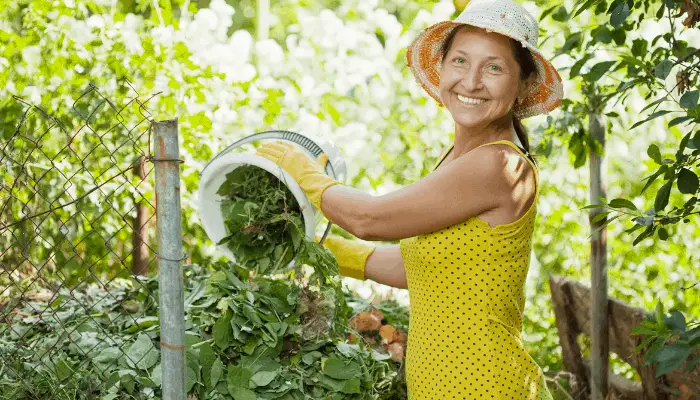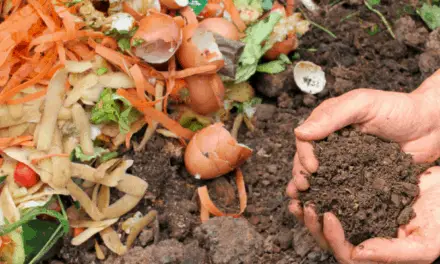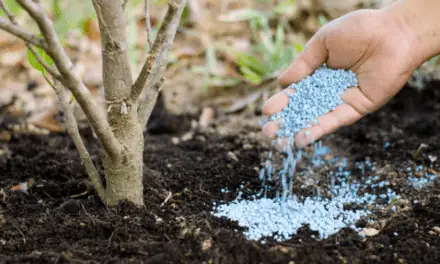Compost does not need to be kept in the sun as it is able to generate heat on its own. However, keeping the compost in the sun can significantly speed up the composting process as the bacterial and fungal organisms work faster at higher temperatures.
But too much sun can cause there to be a high water evaporation rate, which may cause your compost to dry out quicker.

Related Article: What Is The Difference Between Fertilizer And Compost?
As more people are discovering the benefits of composting for their plants and gardens, it is not surprising to find that the question of whether compost should be kept in the sun arises.
Here is an overview of what happens when compost is kept in the sun and what happens if it isn’t.
Table of Contents
Does Lots Of Sun Benefit Compost
Composts feature the breakdown of waste in an organic way that enriches the soil by replenishing the nutrient content within it.
Since composts use natural organisms such as microbes, bacteria, and fungi to facilitate the breakdown of the waste, many people wonder if keeping the compost in the sun is helpful to the functioning of the organisms.
It is helpful to remember that composts themselves do not require the heat from the sun as they are capable of generating the heat themselves.
The heat is produced due to the processes of the organisms that live within the heap.
However, most organisms work at their optimum rates when there is a certain amount of surrounding temperature.
It can be said that keeping the compost in the sun is not completely necessary but it can be a way to speed up the composting process.
Other Environmental Conditions To Consider
Since we’ve established that the sun can help speed up the rate of composting, it is essential to consider the differences in sunlight and heat intensity from region to region.
If you compost in a place where there is preexisting warmth, such as those having a warmer southern climate, it is not necessary to place your compost pile in direct sunlight.
However, if the region where you intend to compost has lower temperatures it may be a good idea to use sunlight to raise the temperature of the compost.
If composts are left to fend for themselves in places with lower temperatures or even cooler places with shady nooks and crannies, the microorganisms within the compost might not activate enough to do their job.
The composting would take place at an extremely slow rate and could easily become a rather smelly and messy pile.
The Ideal Composting Temperature
Once you have identified the conditions of the external environment where you want to build a compost heap, it is vital that you take it all into account.
The ideal composting temperature falls between 32 to 60 degrees Celsius, which is the range in which the organisms inside the compost function at their optimum rate.
Balance It Out
In order to maintain a good composting temperature, you would need to make sure that the compost is positioned correctly.
It should not be left in an extremely hot place with exposure to extreme sunlight, nor should it be restricted to a place where there are low temperatures and shady conditions.
There needs to be a healthy balance of temperature.
Doing so would ensure that the organisms are functioning at their best and that there is no excessive loss of water through evaporation that would occur in places of high sunlight.
Uncontrolled levels of evaporation would seriously affect the quality of the compost, causing it to dry out and there may be a severe loss of nutrients within the soil itself.
Conclusion
Whether compost should be kept in the sun or not depends entirely upon your requirements and the external conditions of the surrounding environment.
Since exposure to intense heat and sunlight hastens the speed of composting, it also speeds up the loss of water content in the compost pile.
Excessive evaporation from the compost heap can cause it to dry out, losing its nutrient levels.
However, if the surrounding environment is cold or has weak sunlight, it will be better to keep the compost out in the sun.




